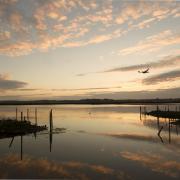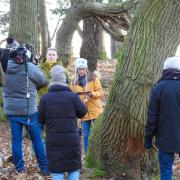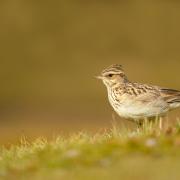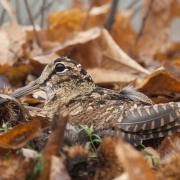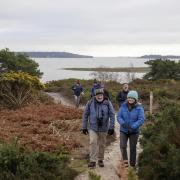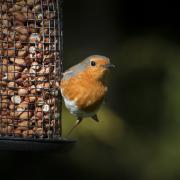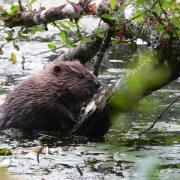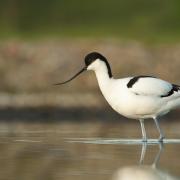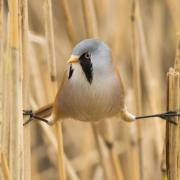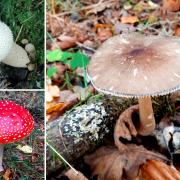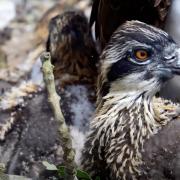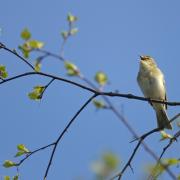For those of us living in towns and cities, you would be forgiven for thinking your life is a world away from wildlife, but nature is closer than you think. The Wildlife Trusts care for 2,300 nature reserves, many of which are in or near towns and cities, so there’s bound to be one not too far from you…
There are a huge variety of species that have learned to live alongside us in the hidden corners of our urban habitats. A city park reveals crows, magpies and grey squirrels going about their business by day, and hedgehogs are never far away after dark. Foxes may appear from their dens in the early hours and can be seen scavenging by night. Even deer can be spotted making a fleeting visit through a leafy park or suburban garden.
If you leave bird feeders in your garden or outdoor space – even an apartment balcony – they are likely to attract blue and great tits, chaffinches, goldfinches, and nuthatches, bringing a splash of colour to your urban view.
If you’re heading out and about, Holes Bay Nature Park is the best place to experience urban wildlife in Dorset.
Holes Bay Nature Park is located in the heart of Poole and makes a huge contribution to the high quality nature environment enjoyed by residents, visitors and local businesses. The area also provides important space for wildlife and for people to enjoy nature and outdoor activities. From this spot you have the chance to get as close to rare and beautiful nature as it gets!
Poole harbour is the largest natural harbour in Britain and an internationally important area for wildlife. Part of the shore is a Site of Nature Conservation Interest (SNCI), providing grassland, scrub and swampy areas for all sorts of wildlife including orchids, wild carrot, grasshoppers, bees and the rare round-headed club rush. Up to 20,000 wildfowl and wading birds can be found in the harbour in winter – one of the reasons for this is the mud, which is very rich in invertebrates, the perfect food for wading birds.
Urban wildlife – it’s good for you!
• Wild places can improve our mood, and increase our sense of self worth
• Playing and learning in wild places can help children to develop meaningful relationships with family and friends
• Children with easy access to nature are more able to cope with stressful situations
• Wild places teach children about taking risks and making rational decisions
• Children are happier, healthier and more creative when they’re connected to the natural world
Wherever you live there is a Wildlife Trust that covers your area. You can support their work by joining your local Wildlife Trust today. Visit www.wildlifetrusts.org to choose the Trust you would like to join.




